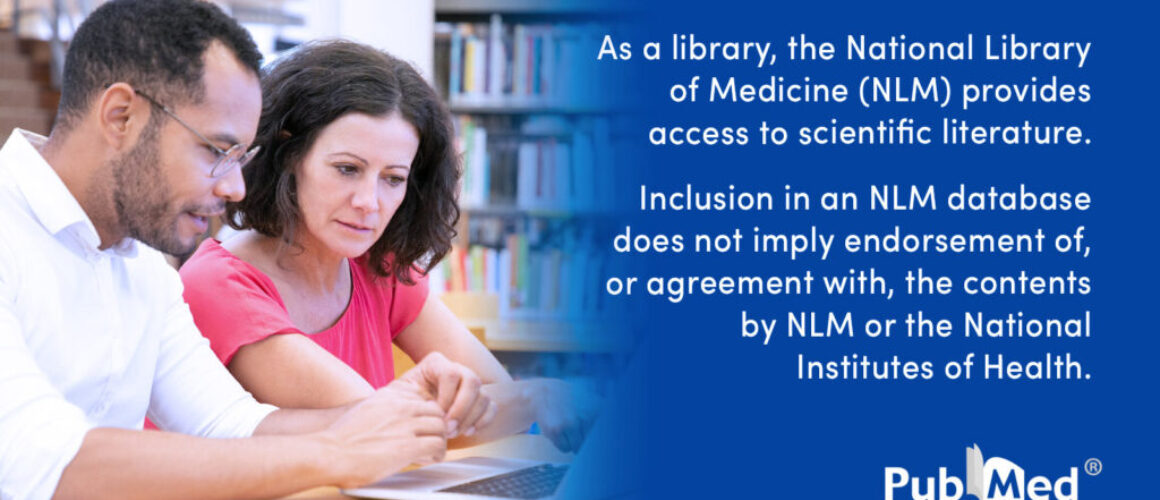Withaferin A decreases glycolytic reprogramming in breast cancer – PubMed Black Hawk Supplements
BLACK HAWK: Best shilajit supplement for memory
Published article
Reprogrammed glucose metabolism is considered as the hallmark of cancer with therapeutic implications. Phytocompounds have potential to inhibit cancer metabolism. Here, we tested the ability of Withaferin A (WA), a withanolide derived from Withania somnifera, in modulating cancer metabolism. The assessed effect of WA on aerobic glycolysis in breast cancer cell lines showed that WA decreases the glucose uptake, lactate production and ATP generation by inhibiting the expression of key glycolytic…
Black Hawk Supplements, best supplements in the UK

Withaferin A decreases glycolytic reprogramming in breast cancer
Asifa Khan et al. Sci Rep. .
Abstract
Reprogrammed glucose metabolism is considered as the hallmark of cancer with therapeutic implications. Phytocompounds have potential to inhibit cancer metabolism. Here, we tested the ability of Withaferin A (WA), a withanolide derived from Withania somnifera, in modulating cancer metabolism. The assessed effect of WA on aerobic glycolysis in breast cancer cell lines showed that WA decreases the glucose uptake, lactate production and ATP generation by inhibiting the expression of key glycolytic enzymes i.e., GLUT1, HK2 and PKM2. We also identified that WA induced inhibition of cancer glycolysis by targeting c-myc as validated by silencing experiments followed by metabolic readouts. Decreased glycolysis resulted in reduced cell viability, biomass and colony forming ability of breast cancer cells. To further validate our in vitro findings in breast cancer patients, we analyzed 90 metabolic pathways in ~ 2000 breast tumors and observed that glycolysis is the most deregulated pathway in breast tumors. Deregulated glycolysis also predicted poor prognosis in breast cancer patients. In addition, patient data showed correlation between c-myc expression and glycolytic deregulation in breast cancer. Taken together, our results highlight the role of WA in inhibiting breast cancer metabolism via c-myc/glycolysis axis.
© 2024. The Author(s).
References
-
- Freddie, B., Laversanne, M., Sung, H., Ferlay, J., Siegel, R, L., Soerjomataram, I., Jemal, A. Global cancer statistics 2022: GLOBOCAN estimates of incidence and mortality worldwide for 36 cancers in 185 countries. CA: a cancer journal for clinicians 74(3), 229–263 (2024).
-
- Organization, W. H. The World Health Organization’s fight against cancer: strategies that prevent, cure and care (World Health Organization, 2007).
-
- DeBerardinis, R. J. & Chandel, N. S. Fundamentals of cancer metabolism. Science advances 2, e1600200 (2016).
MeSH terms
Substances
Grants and funding
BLACK HAWK: Best ashwagandha supplement for dads
Read the original publication:
Withaferin A decreases glycolytic reprogramming in breast cancer – PubMed
